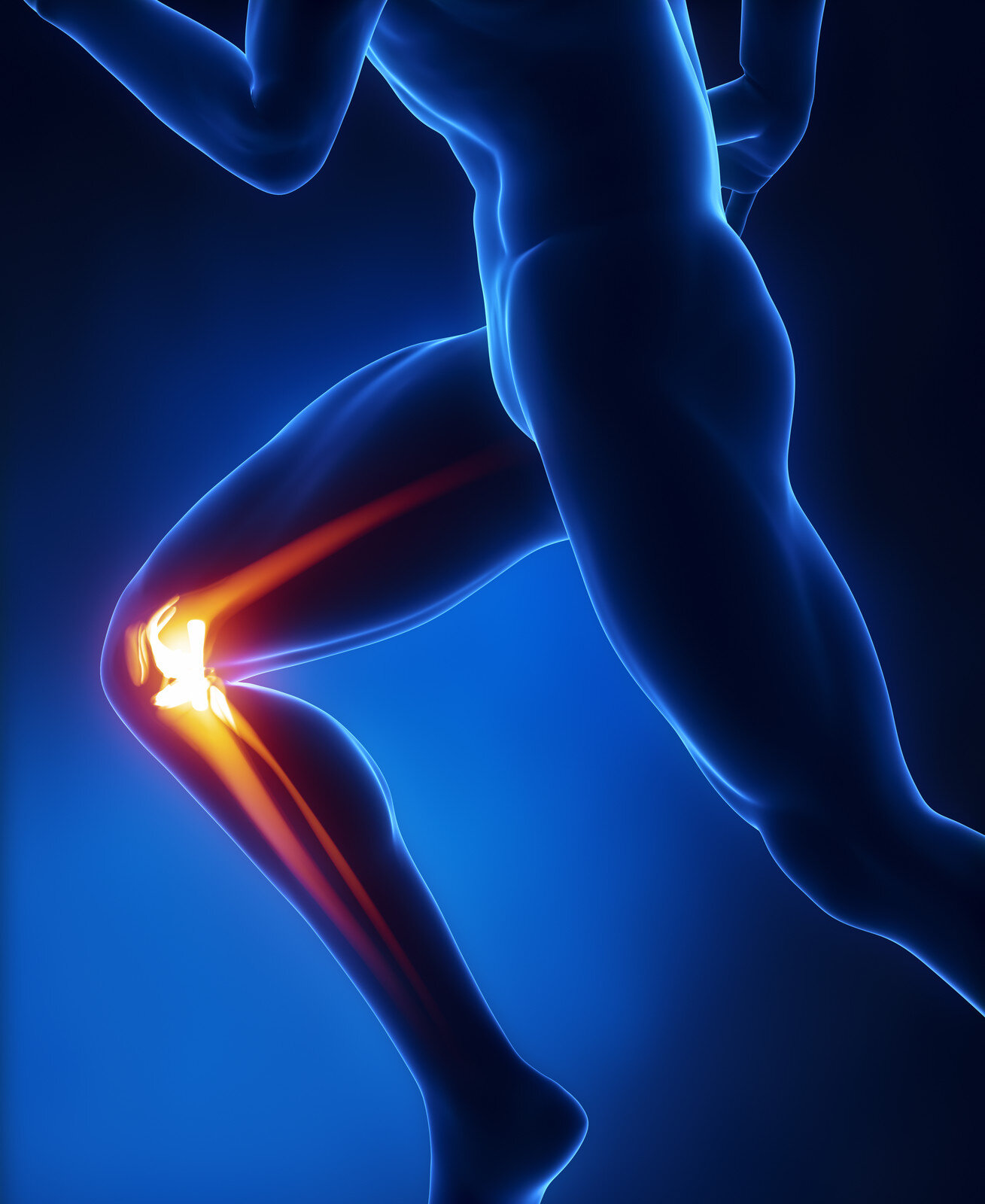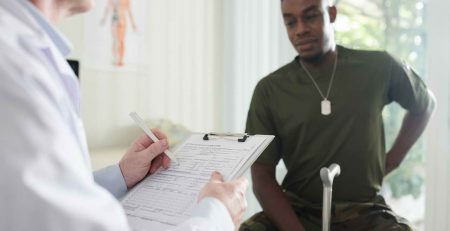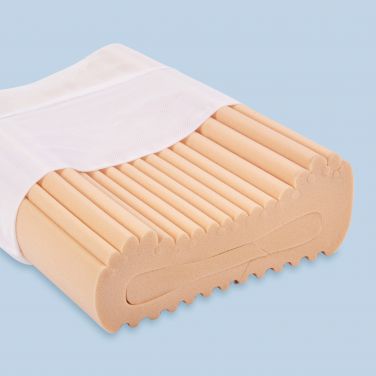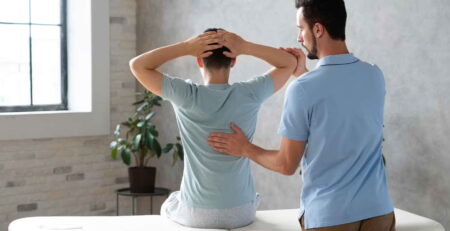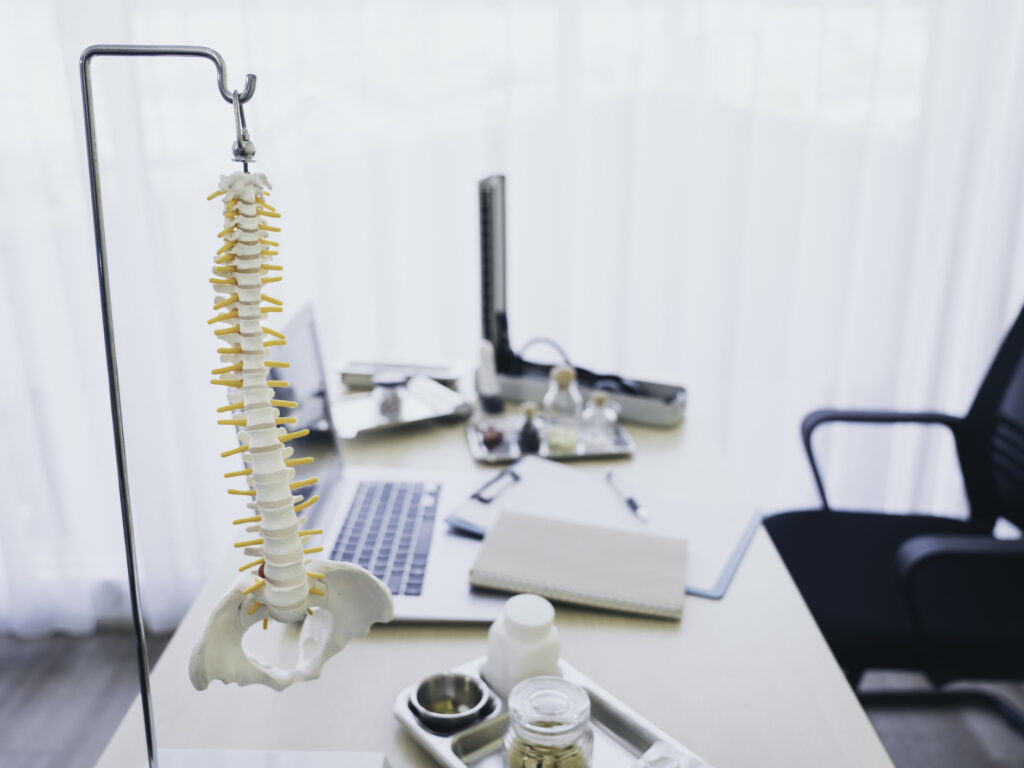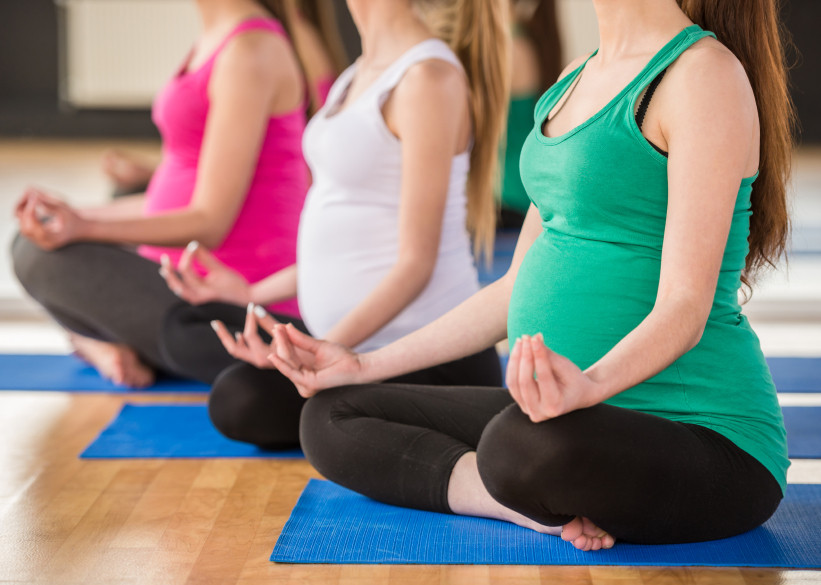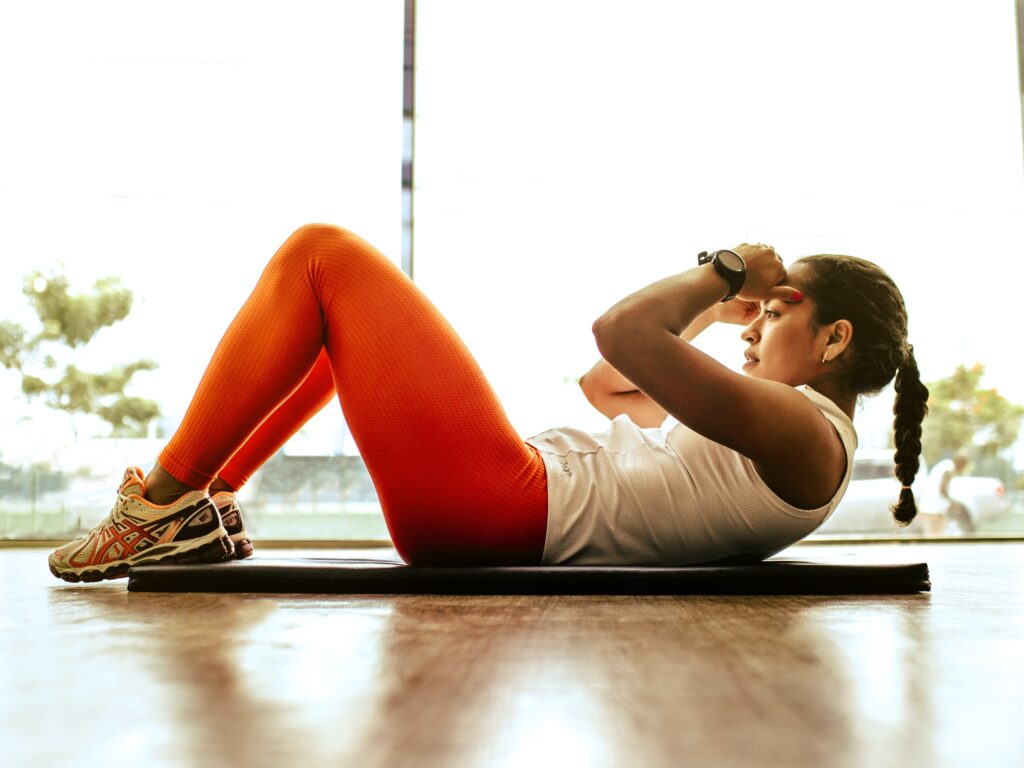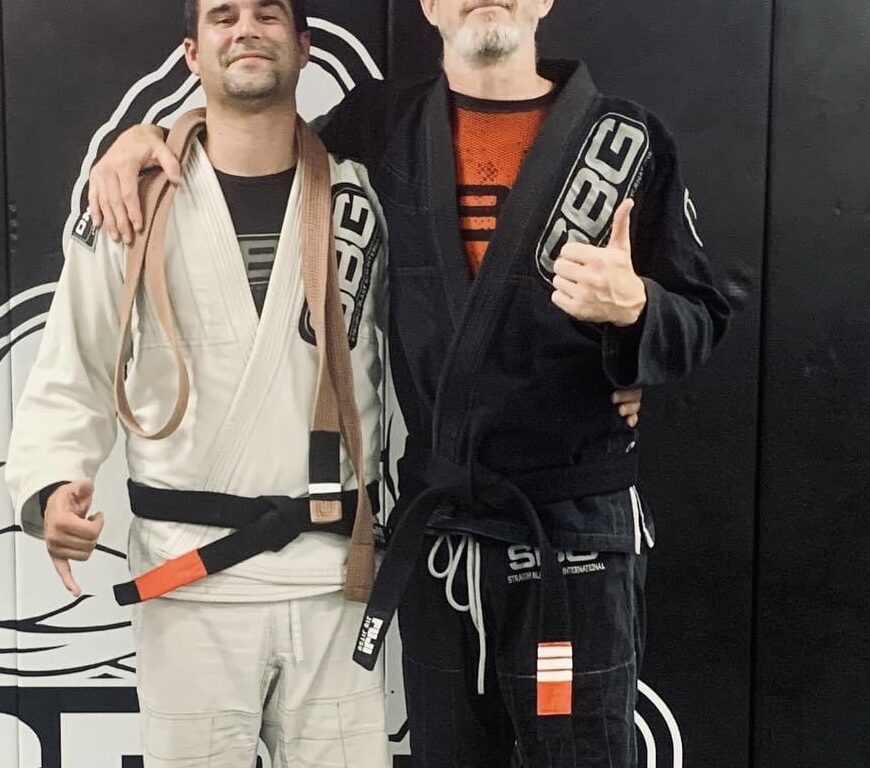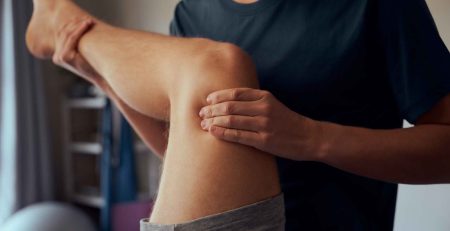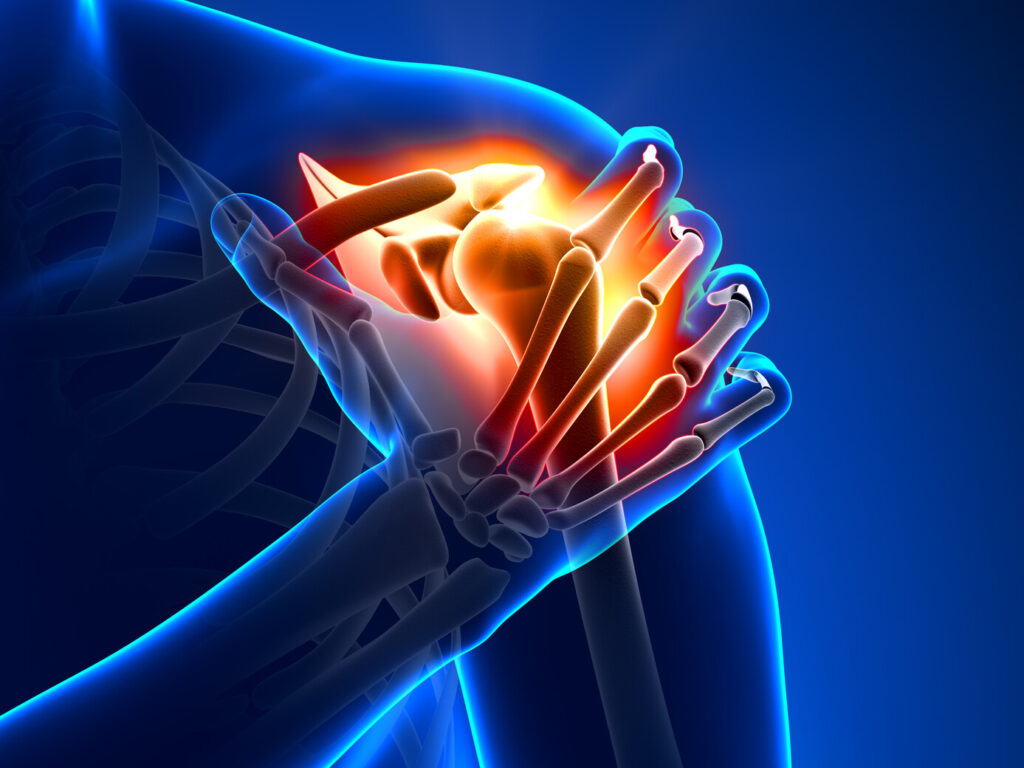Runners Knee – Patellofemoral pain syndrome
We tend to forget how valuable our knees are until it affects our daily lives and activities. One of the most common forms of knee pain is known as Runner’s knee or Patellofemoral pain syndrome and if correctly diagnosed and managed provides a speedy recovery and return to normal activities.
Patellofemoral pain syndrome is a common knee problem. Common symptoms associated with this condition include pain under or around the knee cap, or the inside aspect of the knee. This pain is often made worse by physical activity such as excessive squatting and or prolonged sitting.
Although it may occur at any age, young females are perhaps the most commonly affected. Often patients with this condition may have symptoms in both knees. Symptoms usually start gradually and may progressively worsen over time, often without any history of injury.
Occasionally this condition can also develop slowly after a history of traumatic knee injury or surgery, and persist after the initial symptoms of the injury resolve. A clicking or grinding sensation within the knee is also a common complaint.
WHAT CAUSES PATELLOFEMORAL SYNDROME?
The causes of Patellofemoral syndrome are often multi-factorial, such as
- Overuse & Overload – Such as repeated weight-bearing impact
- Chronic Injury that has resulted in poor biomechanics
- Muscle weakness or underactivity of the medial quadriceps muscle (Vastus Medialis)
- Prolonged sitting – Which leads to shortening of the thigh muscles which adds extra pressure between the kneecap (patella) and the femur during knee flexion.
- Poor technique during exercise
- Biomechanical Problems – Including fallen arches, and excessive inward or outward rolling of the ankle.
TREATMENT OF PATELLOFEMORAL SYNDROME
Most cases of Patellofemoral syndrome are best managed by conservative (non-surgical) treatment. This will frequently involve treatment from one of our chiropractors at In Good Hands Chiropractic Petersham to assist you in building up the thigh and hip muscles in the correct way, stretching the tight soft tissues and correcting other factors above and below the knee that contribute to this condition.
Give us a call on: 0406 230 393 or book online to arrange an appointment.


